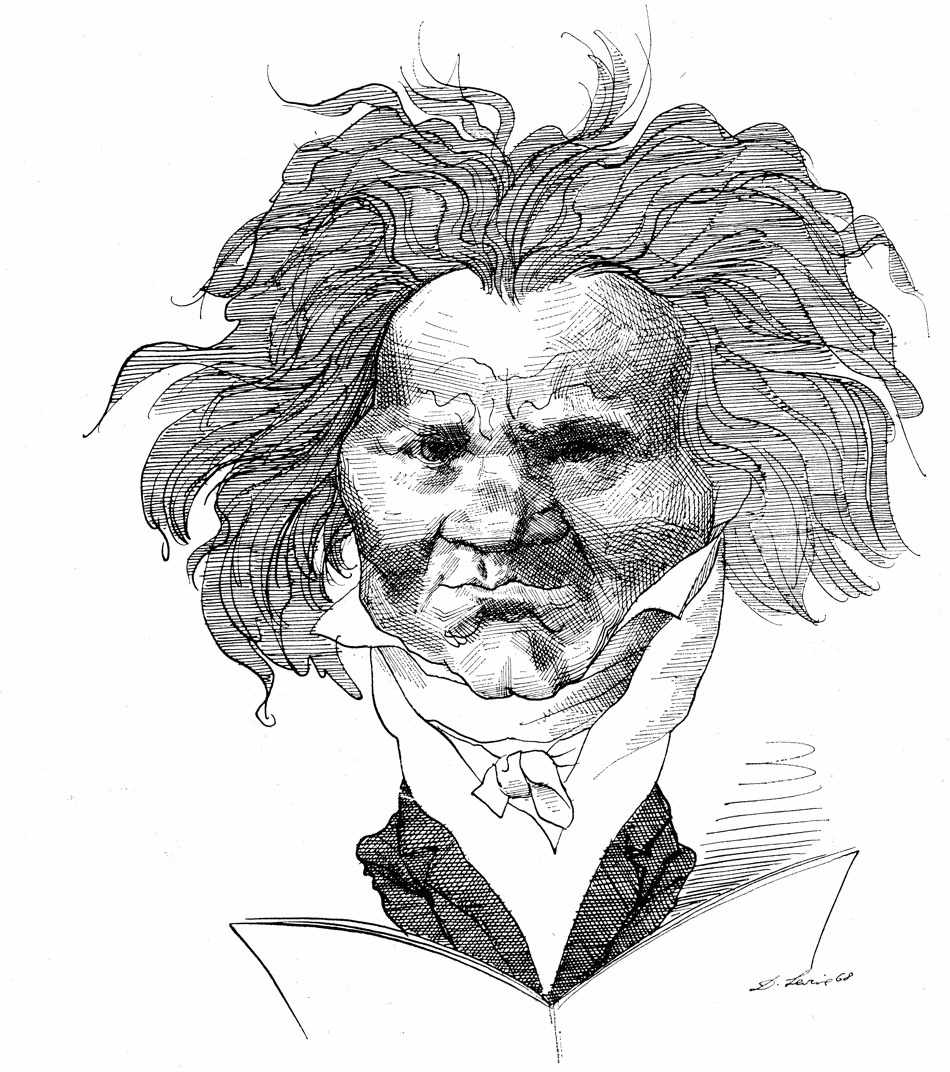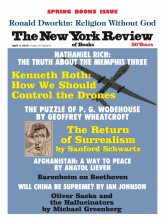It is always interesting and sometimes even important to have intimate knowledge of a composer’s life, but it is not essential in order to understand the composer’s works. In Beethoven’s case, one mustn’t forget that in 1802, the year he was contemplating suicide—as he wrote in an unsent letter to his brothers that came to be known as the “Heiligenstadt Testament”—he also composed the Second Symphony, one of his works that was most positive in spirit, thus showing us that it is of vital importance to separate his music from his personal biography and not to conflate the two.
Therefore, I will not aim here to provide an elaborate psychological study of the man Beethoven through an analysis of his works, or vice versa. In fact, although the focus of this essay will indeed be Beethoven’s music, it must be understood that one cannot explain the nature or the message of music through words. Music means different things to different people and sometimes even different things to the same person at different moments of his life. It might be poetic, philosophical, sensual, or mathematical, but in any case it must, in my view, have something to do with the soul of the human being. Hence it is metaphysical; but the means of expression is purely and exclusively physical: sound. I believe it is precisely this permanent coexistence of metaphysical message through physical means that is the strength of music. It is also the reason why when we try to describe music with words, all we can do is articulate our reactions to it, and not grasp music itself.
Beethoven’s importance in music has been principally defined by the revolutionary nature of his compositions. He freed music from hitherto prevailing conventions of harmony and structure. Sometimes I feel in his late works a will to break all signs of continuity. The music is abrupt and seemingly disconnected, as in the last piano sonata (op. 111). In musical expression, he did not feel restrained by the weight of convention. By all accounts he was a freethinking person, and a courageous one, and I find courage an essential quality for the understanding, let alone the performance, of his works.
This courageous attitude in fact becomes a requirement for the performers of Beethoven’s music. His compositions demand the performer to show courage, for example in the use of dynamics. Beethoven’s habit of increasing the volume with an intense crescendo and then abruptly following it with a sudden soft passage (a “subito piano”) was only rarely used by composers before him. In other words, Beethoven asks the performer to show courage, not to be afraid of going to the edge of the precipice, and he thus forces the performer to find the “line of most resistance,” a phrase coined by the great pianist Artur Schnabel.






